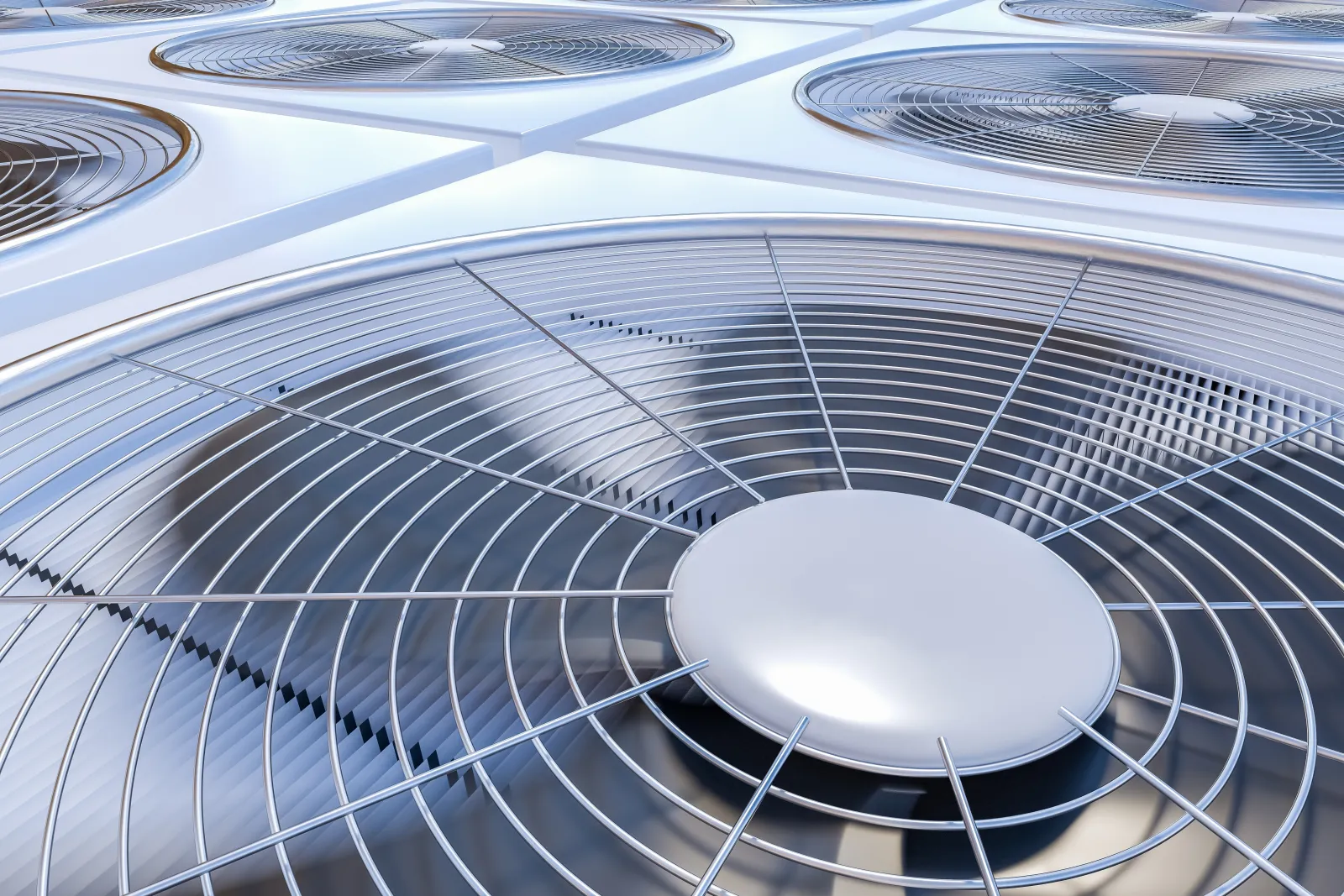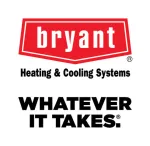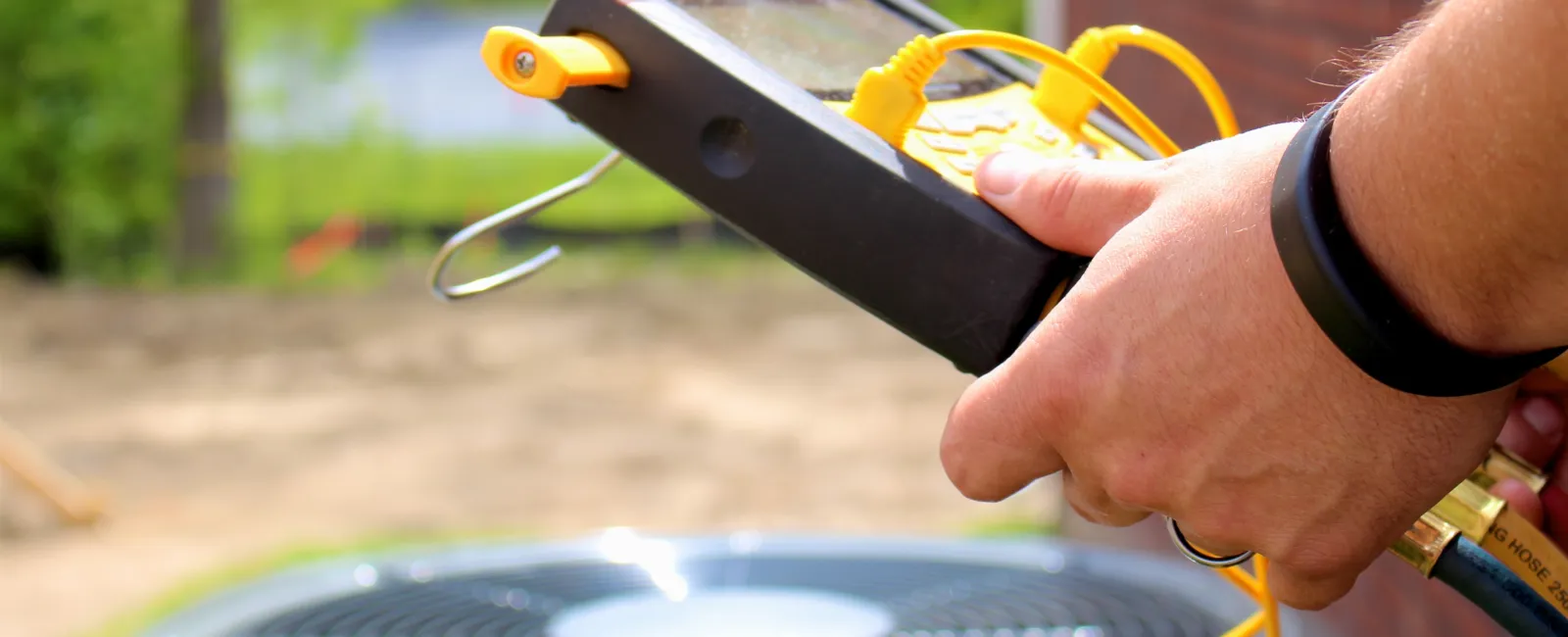March 30, 2024
In residential cooling systems, particularly in warm climates such as Atlanta's, homeowners may encounter scenarios where their air conditioning (AC) units fail to reduce indoor temperatures to set levels adequately.
Why Your Home May Be Warmer
Air Infiltration Through Structural Leaks
Air leakage through non-sealed openings can significantly undermine the cooling efficiency of HVAC systems. Thermal exchange via conduction through windows, doors, and electrical outlets can increase indoor temperature. A blower door test and infrared thermography can identify and quantify these leaks for subsequent sealing.
Ductwork Integrity and Air Distribution
Leakage in ductwork can result in substantial cooling losses, with conditioned air inadvertently being discharged into unconditioned spaces such as attics. Duct sealing and insulation can mitigate these losses. Quantitative assessments via duct blaster tests can reveal the extent of leakage, which can then be addressed through targeted repairs.
Cooling Capacity and Load Calculations
An undersized AC unit will struggle to adequately remove heat from a home, leading to persistent high indoor temperatures. Proper sizing involves detailed Manual J load calculations that consider various factors, including square footage, insulation levels, window area, and household occupancy. Cooling needs should be reevaluated following significant home modifications or expansions.
We Can Help - Contact Us Today
Ventilation Control and Airflow Management
Contrary to some misconceptions, closing vents in unused rooms can increase pressure in the duct system and reduce overall system efficiency. Computational fluid dynamics (CFD) simulations can optimize air distribution and identify the best vent placement and operation strategies to ensure uniform cooling.
Refrigerant Charge and System Pressures
The refrigerant plays a critical role in the heat exchange process within the AC unit. A leak or incorrect charge can significantly impair cooling efficiency. Technicians should conduct pressure checks and use refrigerant leak detection equipment to ensure system integrity and proper charge levels.
Condenser Unit Maintenance
The condenser unit's ability to expel heat from the refrigerant is critical for the cooling cycle. Obstructions due to debris or damage can impair heat dissipation. Regular inspections and maintenance, including coil cleaning and clearance of vegetation or debris around the condenser unit, are essential for optimal performance.

Air Filtration and Circulation
A dirty or clogged air filter restricts airflow, forcing the AC unit to work harder and less efficiently. Regular replacement or cleaning of air filters, as per manufacturer recommendations, is necessary to maintain adequate airflow and system efficiency.
Conclusion
The performance of residential AC units in maintaining desired indoor temperatures can be affected by many factors, from air leaks and ductwork integrity to unit sizing and refrigerant levels. A systematic approach to diagnosing and addressing these factors is crucial for restoring and enhancing cooling efficiency. Homeowners experiencing inadequate cooling should consider a comprehensive evaluation by qualified HVAC professionals.
In Atlanta, where temperatures can rise significantly, ensuring the optimal operation of cooling systems is essential for comfort and energy efficiency.




